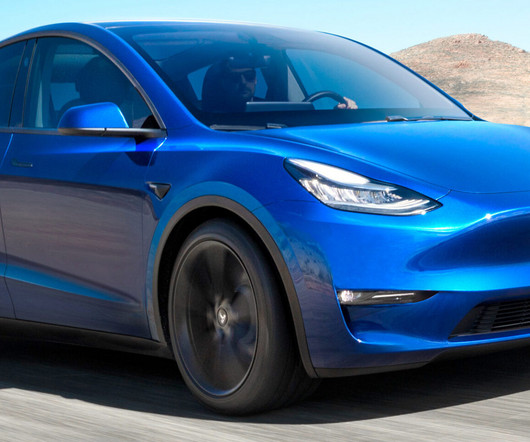Unraveling Electric Car Insurance Costs in 2023
Clean Fleet Report
JUNE 15, 2023
Unraveling Electric Car Insurance Costs in 2023 Checking Out All the Options To Get the Best Deal This article may contain affiliate links. As the world pivots towards a greener future, electric vehicles (EVs) are becoming the vehicle of choice for an increasing number of drivers.











Let's personalize your content